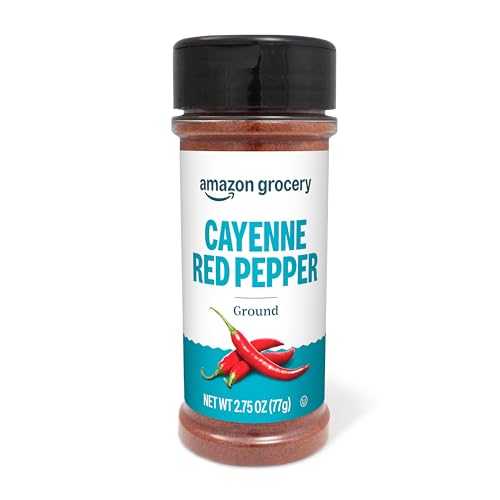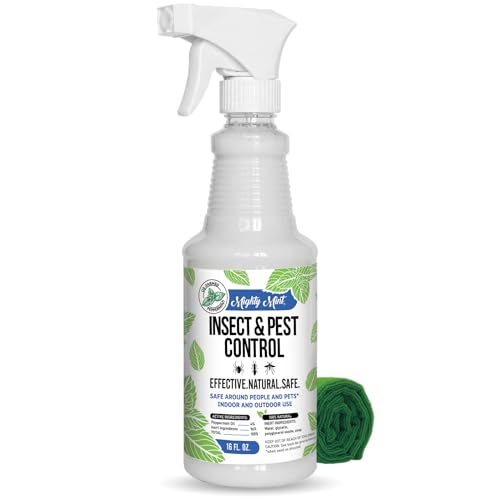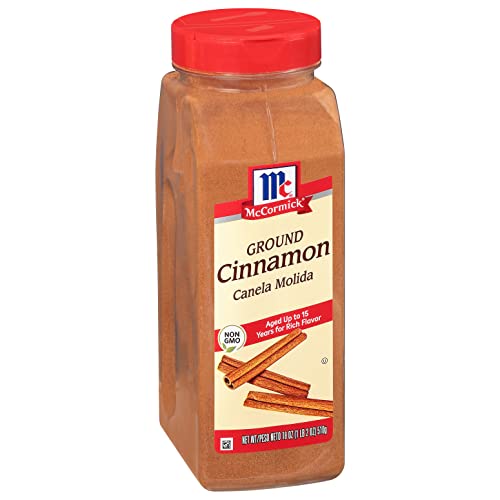I just discovered this $1 kitchen spice is a triple threat in the garden – how to use it to deter destructive squirrels, ants, and slugs all summer long
Applying chili powder to the base of plants will protect them from a range of pests


With summer now in full swing, gardeners everywhere are making the most of enjoying their yards in full bloom. But, it's also a busy time for tackling garden pests to ensure plants remain looking their best throughout the warmest season.
It turns out there's a super spice that can keep some of the most nuisance pests away: chili powder. It's somewhat of a triple threat, effectively deterring squirrels, ants, and slugs (along many other pests). This, of course, is no surprise as chili powder is actually one of the best spices to deter common garden pests. This is thanks to its pungent smell and taste which is unfavorable to a wide range of summer garden pests, including those mentioned above.
So, whether you're in a constant battle with squirrels stealing food from bird feeders, ants making unsightly ant hills on your lawn, or slugs chomping at your leafy crops, chili powder will keep your yard safe. Let's take a close look and why it works so well and how to use chili powder to deter pests effectively.
Why does chili powder deter pests?
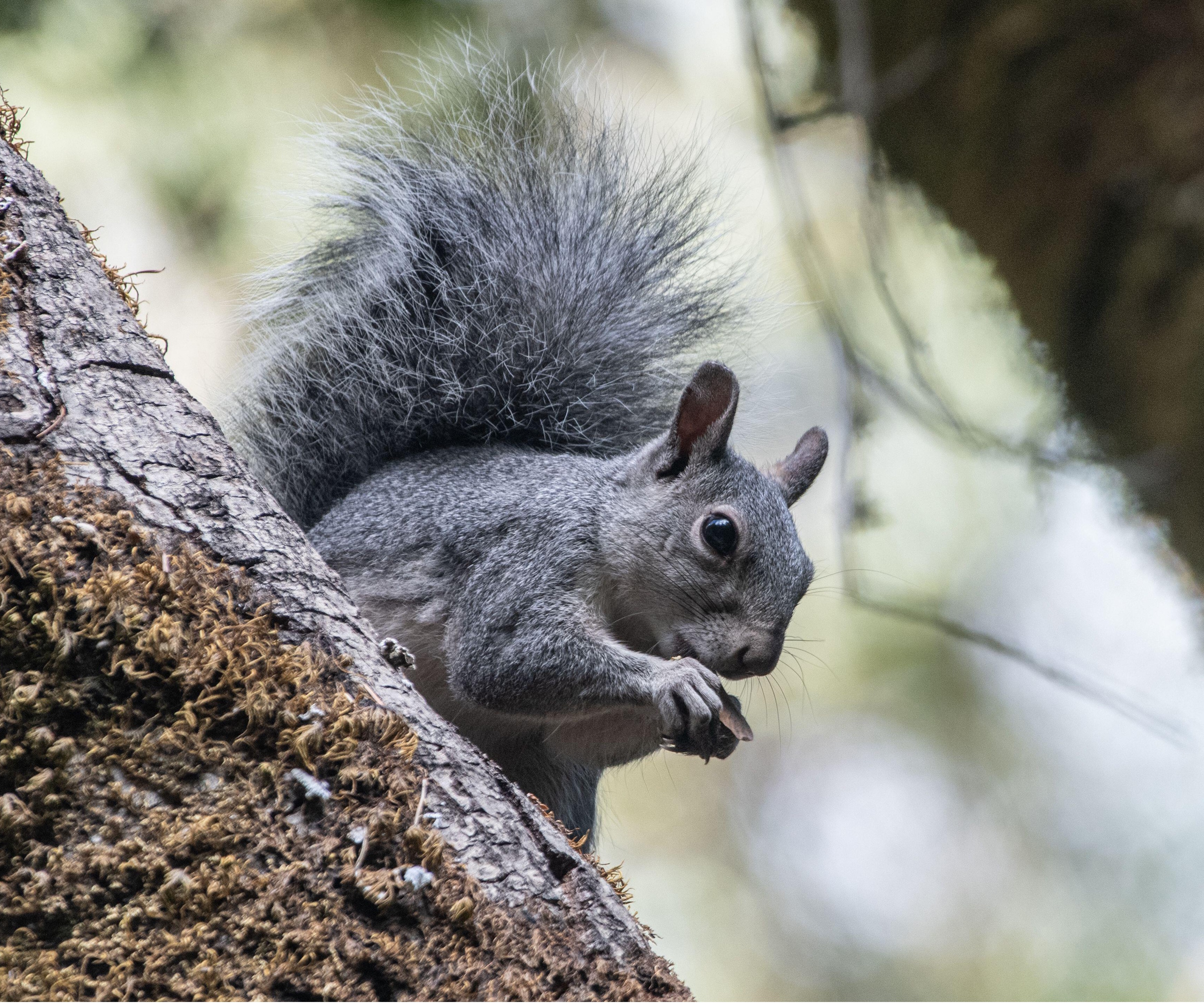
There are several reasons why chili powder, or flakes, deters pests.
Just like using cayenne pepper to deter squirrels, the spicy taste of the chemical compound capsaicin found in chili powder (from Walmart) is unpleasant to a wide range of pests.
The spiciness of chili powder likewise makes it effective for getting rid of slugs and snails, as capsaicin irritates them and provides a burning sensation.
As for using chili powder to deter ants, these insects don't like the strong smell. Capsaicin also irritates ants' feet and antennae which they use to navigate, so the spice disrupts their trailing pattern.
Design expertise in your inbox – from inspiring decorating ideas and beautiful celebrity homes to practical gardening advice and shopping round-ups.
The good news is that chili powder also doesn't cause long-term harm to these insects and animals. Instead, it is just temporarily unpleasant, training them to stay away from the area where you have sprinkled the spice.
How to use chili powder to deter pests
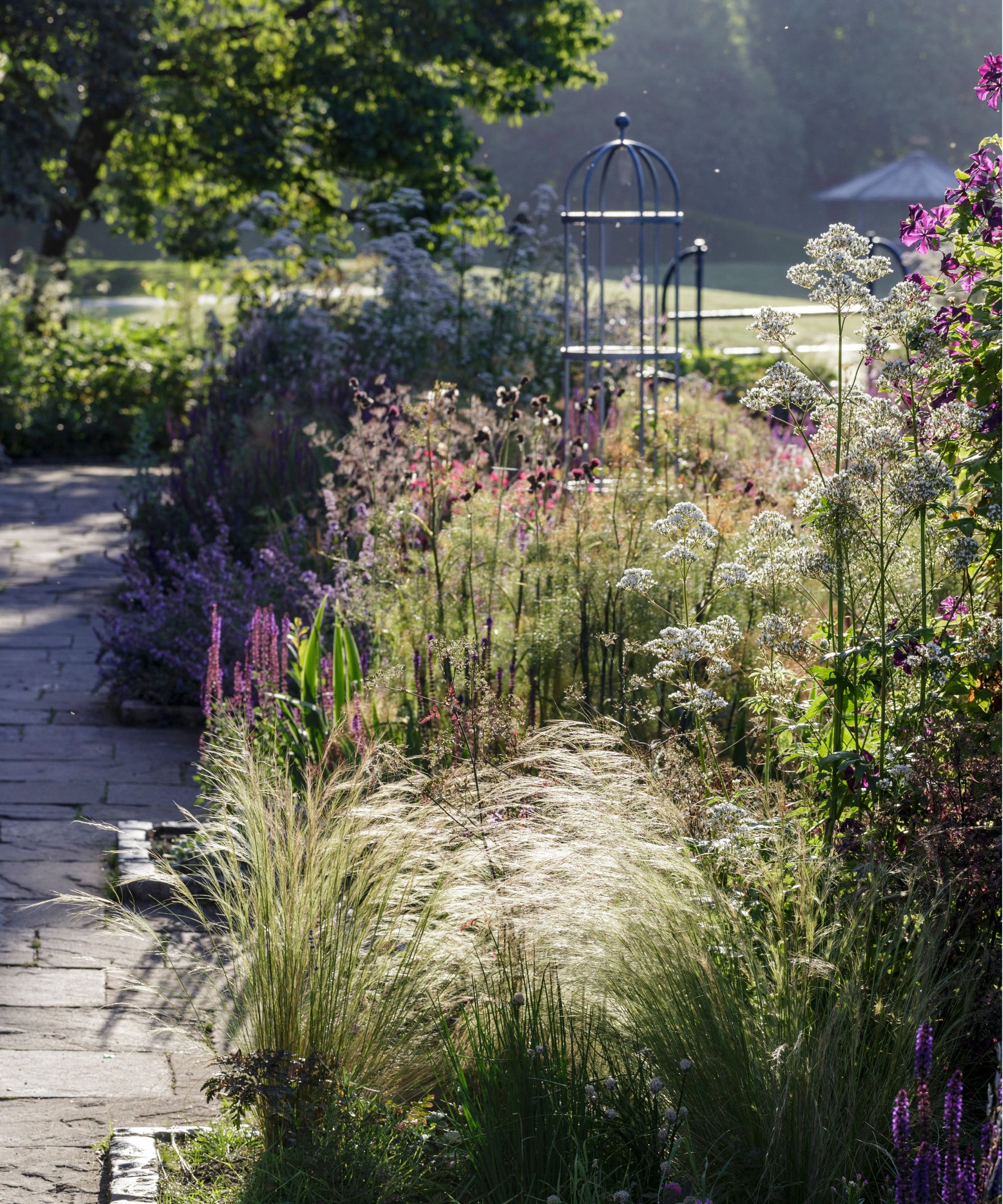
To use chili powder to deter pests in the yard, you can employ a few different methods.
If your kitchen garden is under attack from slugs and snails, sprinkle chili powder directly to the base of your plants as slug control. You can likewise use this in your cut flower garden to protect your dahlias, another popular plant among slugs.
As for using chili powder to keep squirrels away from bird feeders, consider adding the spice to bird food. Birds don't have the taste receptors to detect the capsaicin, so it doesn't impact them when feeding.
You can also get rid of squirrels elsewhere in the yard by once again sprinkling chili powder. For an even more effective approach, consider also using peppermint to deter squirrels (or this peppermint essential oil from Amazon) alongside the chili powder – its another strong scent they don't like.
To use chili powder to get rid of ants, use a similar technique by applying the spice directly around ant hills and areas where ants have gathered in your yard. You may also wish to sprinkle chili powder at the entrances of homes to get rid of ants indoors.
'Another method is making a chili powder spray by mixing a tablespoon of dish soap (from Walmart) with two teaspoons of chili powder in water,' suggests Homes & Gardens' Head of Gardens, Rachel Bull.
'Put your mixture in an empty spray bottle (from Amazon) and spray on ant hills and trails.
'This spray can also be applied to the lower leaves of plants being attacked by slugs, for example, deterring them from munching on the rest of the plant,' Rachel adds.

Rachel is a gardening editor, flower grower and floral designer. Her journalism career began on Country Living magazine, sparking a love of container gardening and wild planting. After more than a decade writing for and editing a range of consumer, business and special interest titles, Rachel became editor of floral art magazine The Flower Arranger. She then trained and worked as a floral designer and stylist in London for six years, before joining the Homes & Gardens team.
FAQs
Does chili powder deter deer?
Yes, chili powder can be used to deter deer. This is largely because deer find the strong scent of this spice unpleasant. Just like using chili powder to deter pests like squirrels, ants, and slugs, you can sprinkle chili powder (from Amazon) around the plants you're trying to protect from deer.
Sometimes the best way to stop pests that can destroy plants in their tracks is by employing a few methods together. Alongside choosing to use chili powder to deter pests, consider growing some of the best pest-repellent plants. The below spices and essential oils are also effective deterrents for a wide range of garden pests:

Tenielle is a Gardens Content Editor at Homes & Gardens. She holds a qualification in MA Magazine Journalism and has over six years of journalistic experience. Before coming to Homes & Gardens, Tenielle was in the editorial department at the Royal Horticultural Society and worked on The Garden magazine. As our in-house houseplant expert, Tenielle writes on a range of solutions to houseplant problems, as well as other 'how to' guides, inspiring garden projects, and the latest gardening news. When she isn't writing, Tenielle can be found propagating her ever-growing collection of indoor plants, helping others overcome common houseplant pests and diseases, volunteering at a local gardening club, and attending gardening workshops, like a composting masterclass.
